Türkiye's exports in September increased by 0.3 percent to 22.7 billion dollars. The ferrous and non-ferrous metals sector exported 1 billion dollars with a 14.2 percent decrease in this month, while the steel sector exported 1.4 billion dollars with a 21.4 percent decrease. Ferrous and non-ferrous metals exports accounted for 4.5 percent of Türkiye's total exports, while steel accounted for 6.1 percent. The two sectors accounted for 10.6 percent of Turkey's September exports.
Looking at the September data of the Mediterranean Ferrous and Non-Ferrous Metals Exporters Association (ADMIB), the ferrous and non-ferrous metals sector realized exports of 63 million dollars with a 10.8 percent decrease compared to the same period last year. In this month, steel exports decreased by 38.9 percent to 143 million dollars.
Growth series in the African market
In September, the first country in Türkiye's iron and steel exports was Germany with 205.5 million dollars. This country was followed by Romania with 156.2 million dollars and Israel with 118.6 million dollars. Among the top 10 export markets, the 101 percent increase in exports to Yemen and 39 percent increase to Egypt attracted attention.
In ADMİB's exports, Romania ranked first with 19.1 million dollars. This country was followed by Algeria with 17.8 million dollars and Iraq with 17.3 million dollars. Among the top 10 markets, increases of 270 percent to Morocco and 100 percent to Algeria were recorded.
"We are trying to compensate our losses with alternative markets"
Evaluating the export figures for September, ADMIB President Fuat Tosyalı made the following statements: "In September, the loss of quantity and value in our iron and steel sectors continued. In our iron and steel sectors, there was a decrease of 17 percent in quantity and 19 percent in value in Türkiye in general. In ADMIB, we have a loss of 36 percent in quantity and 32 percent in value. The demand contraction in our sector continues. At the same time, protectionism measures and state-sponsored investments are increasing in the world. Unfortunately, it seems that the negative process in our sector's exports will continue for a while. In these conditions, we focused on compensating our losses by focusing on alternative markets. We have achieved growth momentum, especially in the African market, especially in Algeria and Egypt. Our goal is to compensate for this negative process as much as possible with maximum exports. With the revival of demand, we will try to increase our share in world trade even more."


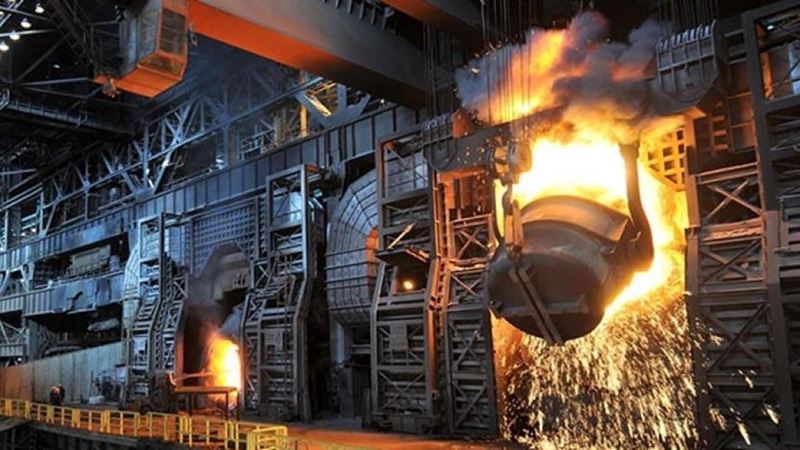

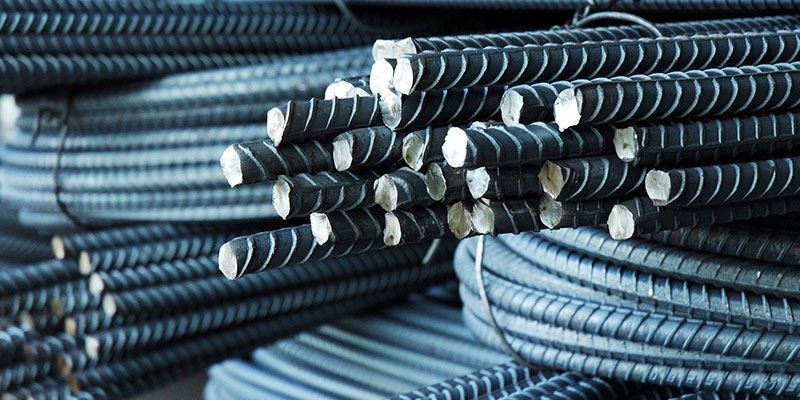
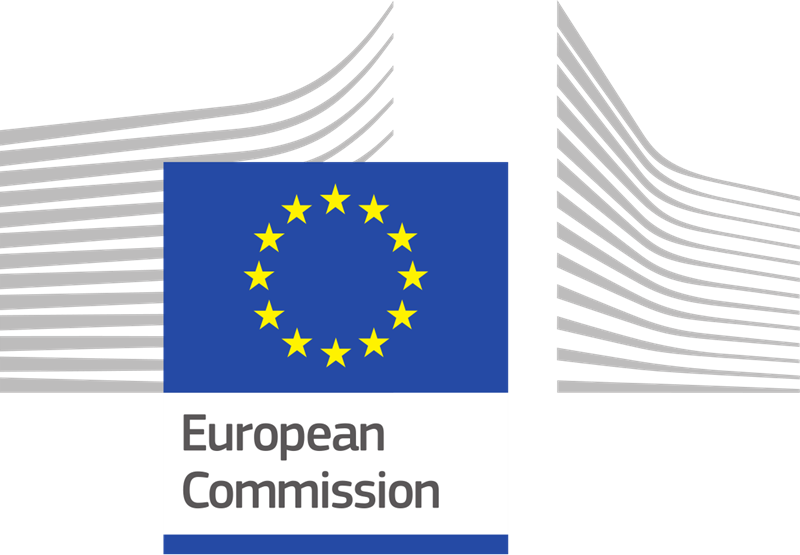
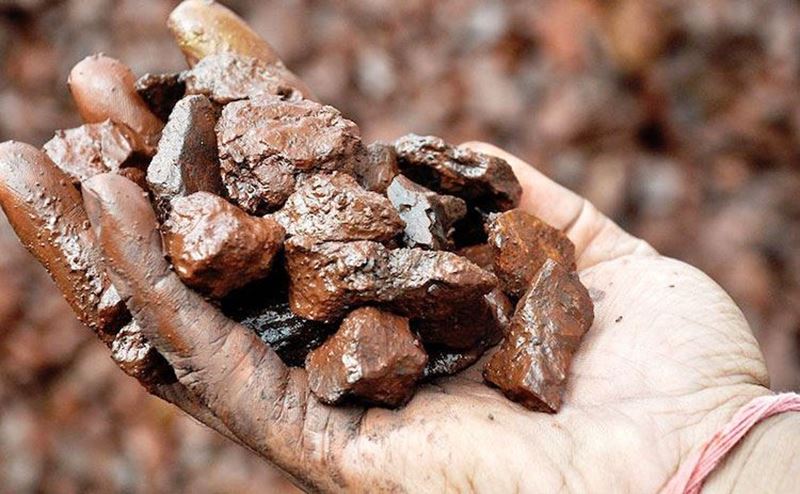
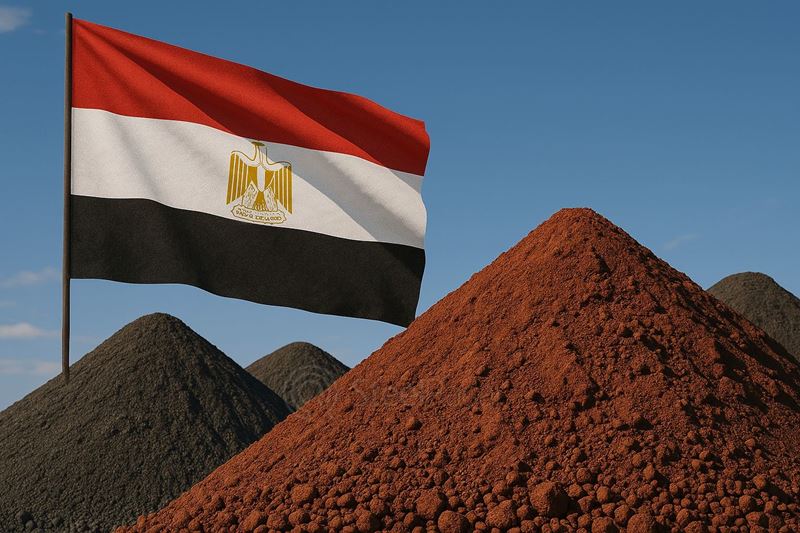

Comments
No comment yet.